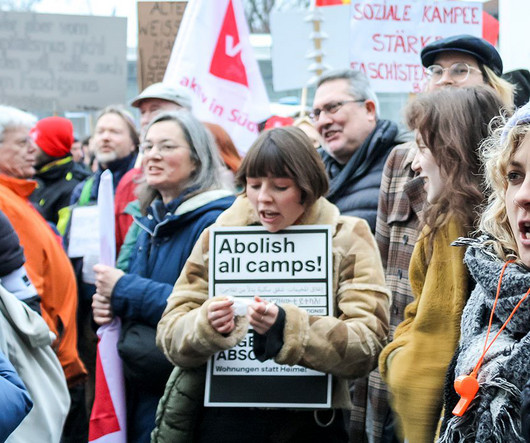How Limited Equity Co-ops Can Sustain Affordable Homeownership
NonProfit Quarterly
FEBRUARY 12, 2025
One tool that is available to nonprofit housing developers to address this situation is the limited equity cooperative (LEC). Additionally, millions of Americans reside in manufactured housing communities, often called mobile home parks, which do provide affordable housing.
















Let's personalize your content